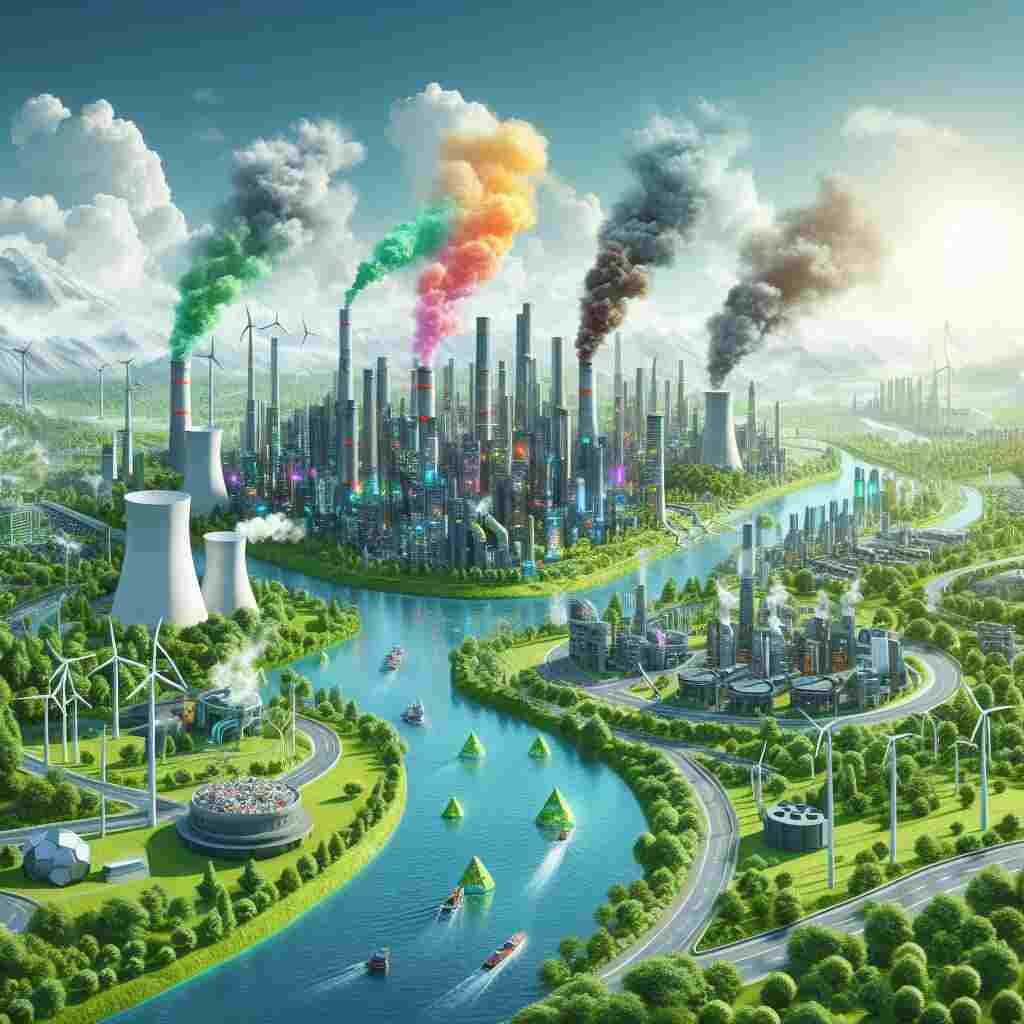handshakejournal.org – The transformative advancements in waste management and recycling practices. This article delves into groundbreaking technologies and strategies that are reshaping the recycling industry, from AI-powered sorting systems to blockchain-enabled tracking. Revolutionizing Waste: Innovations in Recycling, It highlights the economic and environmental benefits of these innovations and emphasizes the importance of community engagement in creating a sustainable future.

The Future of Recycling: Smart Solutions for a Greener Tomorrow
Recycling has always been a cornerstone of environmental conservation efforts. With the rise of innovative technologies, the future of recycling looks brighter than ever. One such innovation is the use of artificial intelligence (AI) and robotics in waste sorting. These technologies enable faster and more accurate sorting of recyclable materials, increasing the efficiency of recycling plants.
In the realm of slot online, this advancement has led to the development of eco-friendly packaging materials for online shopping platforms. Companies are now using recyclable materials for packaging, reducing the environmental impact of e-commerce.
Turning Trash into Treasure: The Economics of Recycling Revolutionizing Waste
Traditionally, recycling has been seen as a costly endeavor. However, recent innovations have revolutionized the economics of recycling. One such innovation is the use of blockchain technology to track recyclable materials from collection to processing. This not only ensures transparency but also incentivizes recycling through rewards programs.
In the context of slot online, this innovation has led to the development of sustainable gaming platforms that promote responsible gaming practices. Players are rewarded for recycling virtual items, creating a more sustainable gaming environment.
Community Engagement: Empowering Individuals to Make a Difference
At the heart of the recycling revolution is community engagement. Innovations in recycling have empowered individuals to take action against waste. One such innovation is the use of gamification to encourage recycling. Apps and platforms reward users for recycling, turning it into a fun and rewarding experience.
In the world of slot online, this approach has been applied to create interactive games that educate players about recycling. These games not only raise awareness but also promote sustainable practices among players.
The innovations in recycling are revolutionizing the way we think about waste. From AI-powered sorting systems to blockchain-enabled tracking, recycling is becoming more efficient and economically viable. By engaging communities and leveraging technology, we can create a greener and more sustainable future for all.